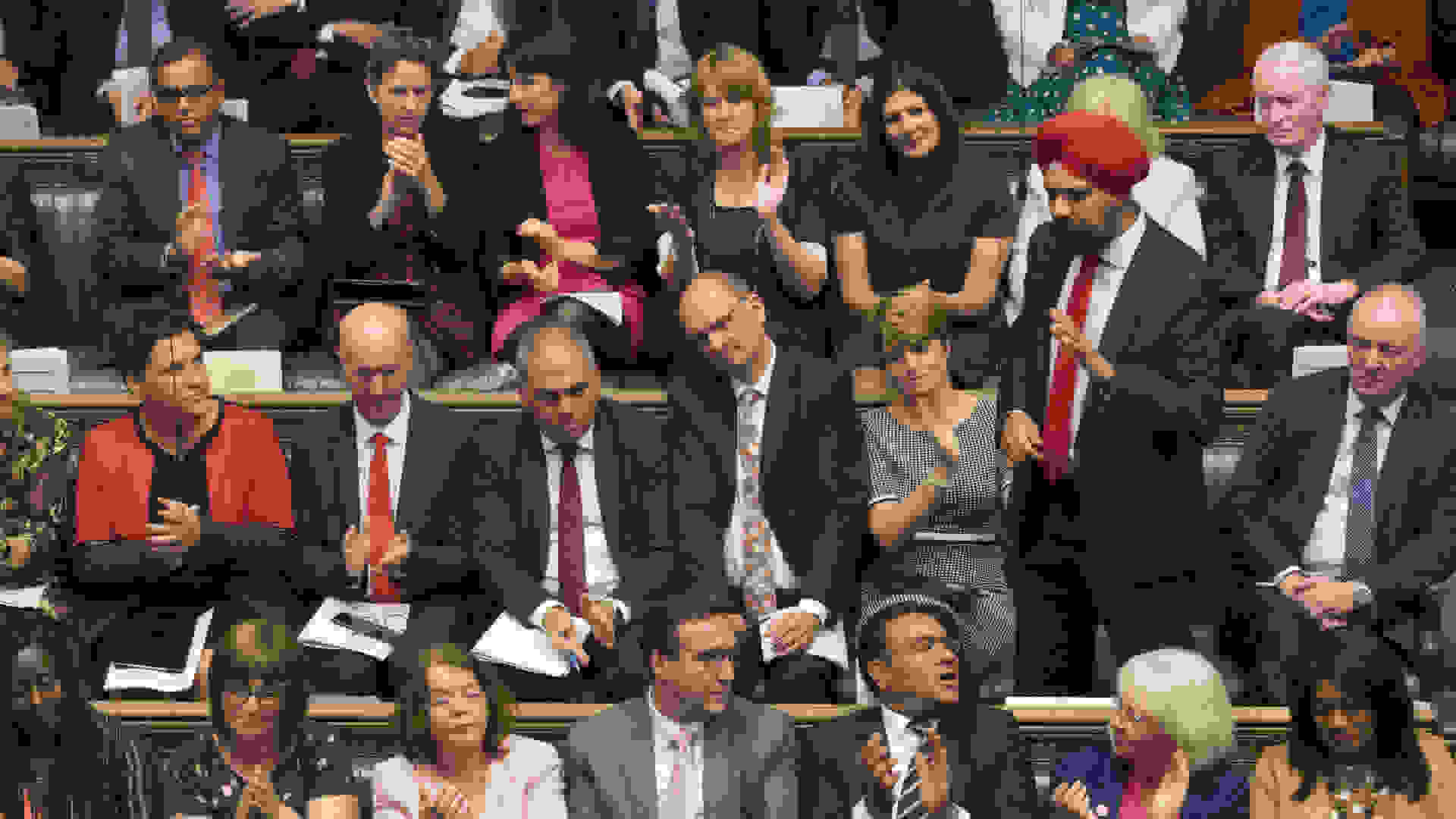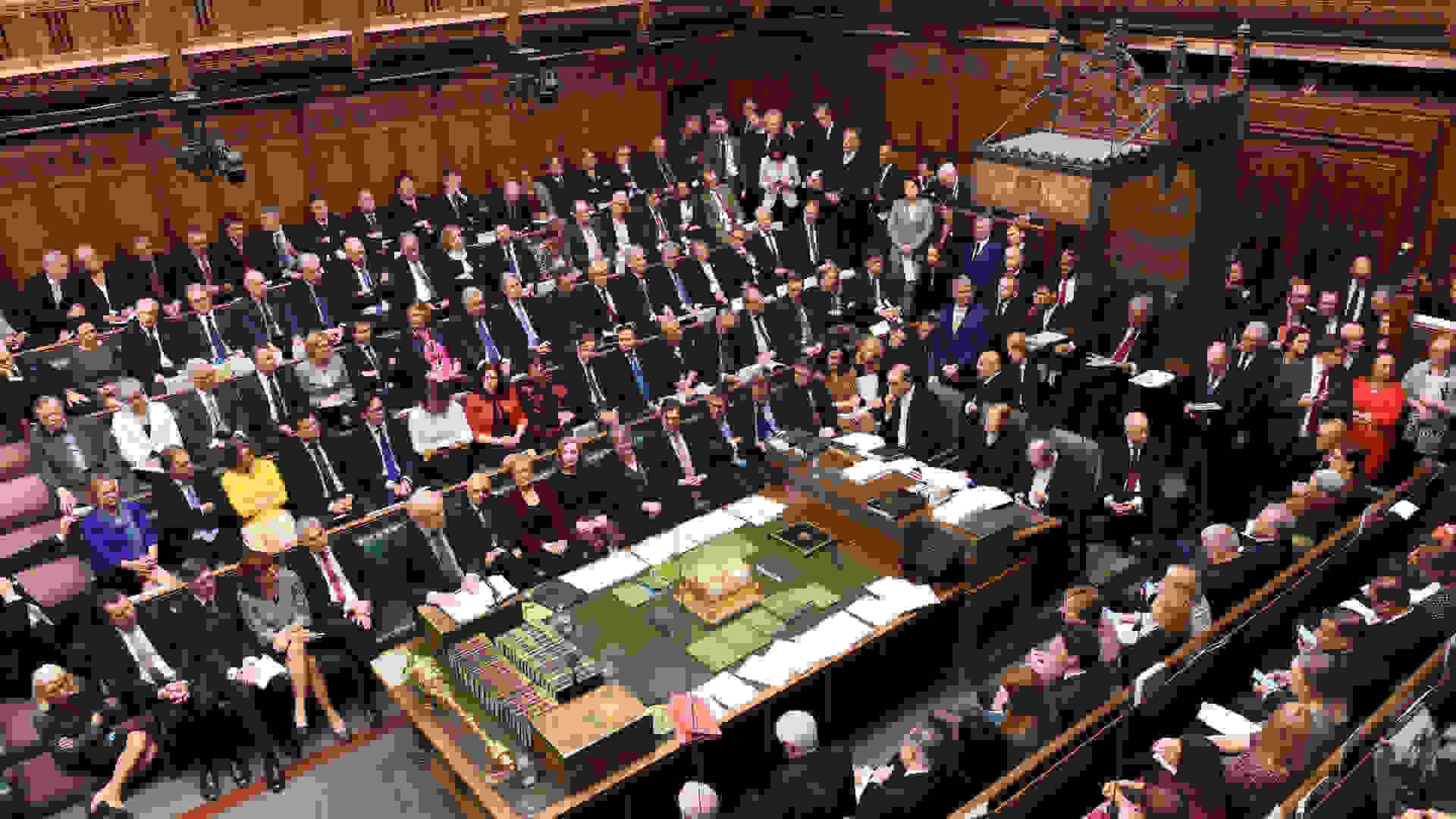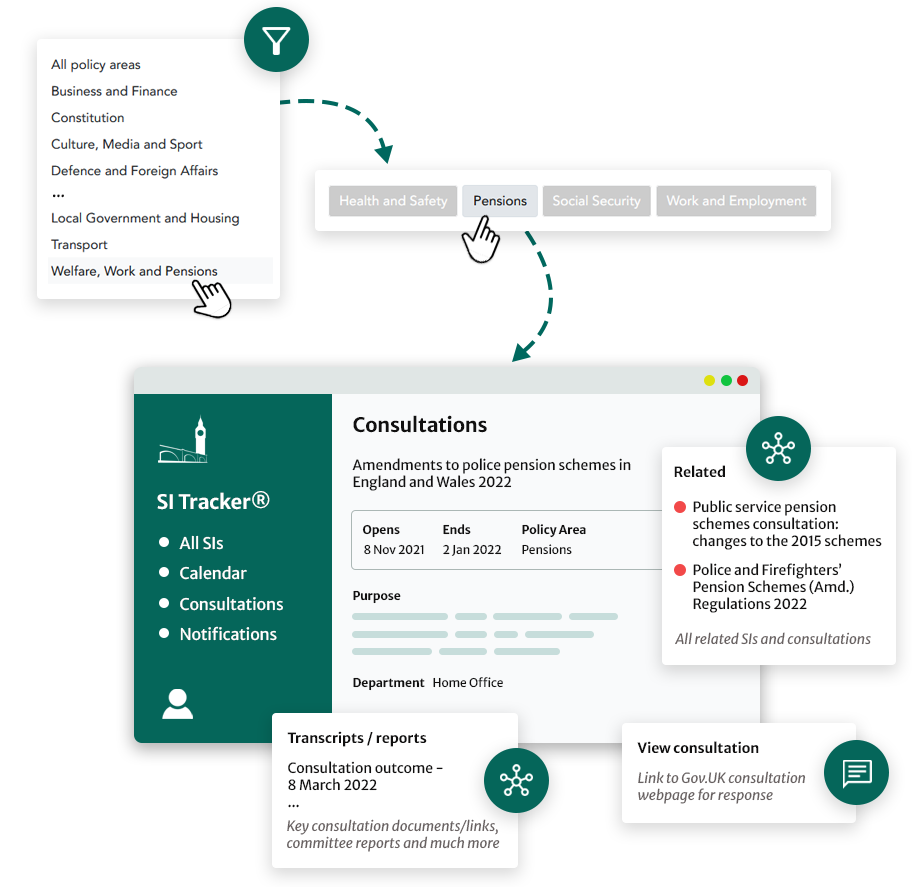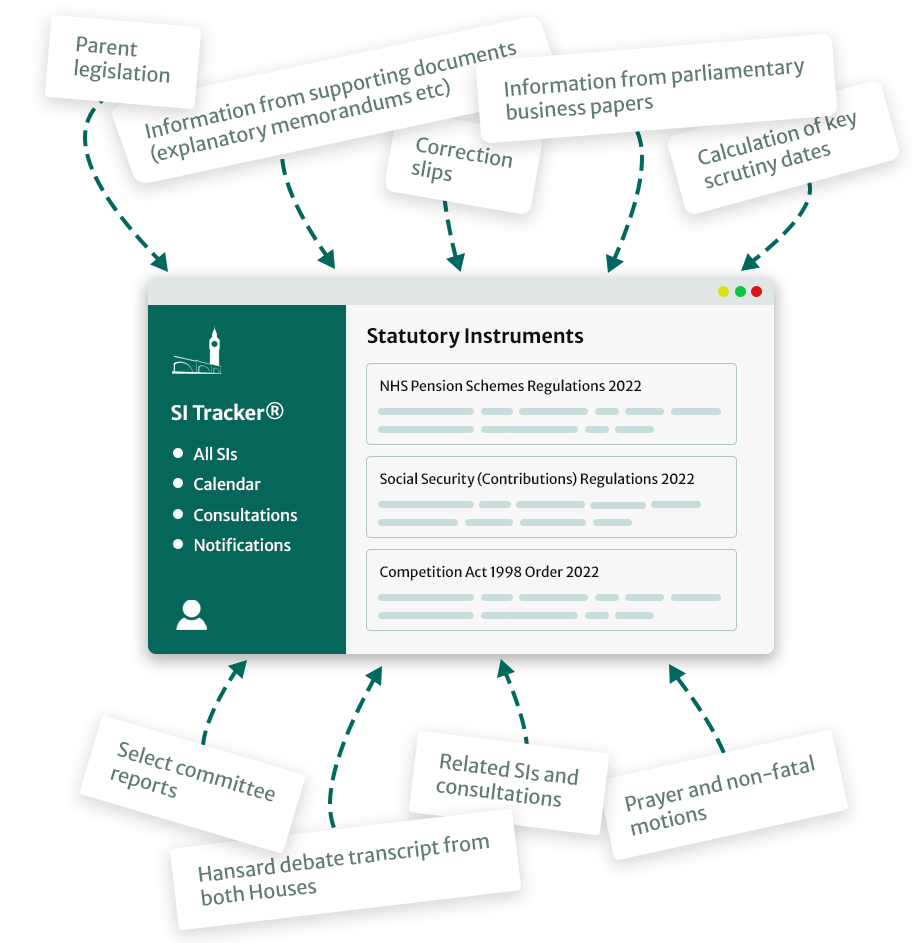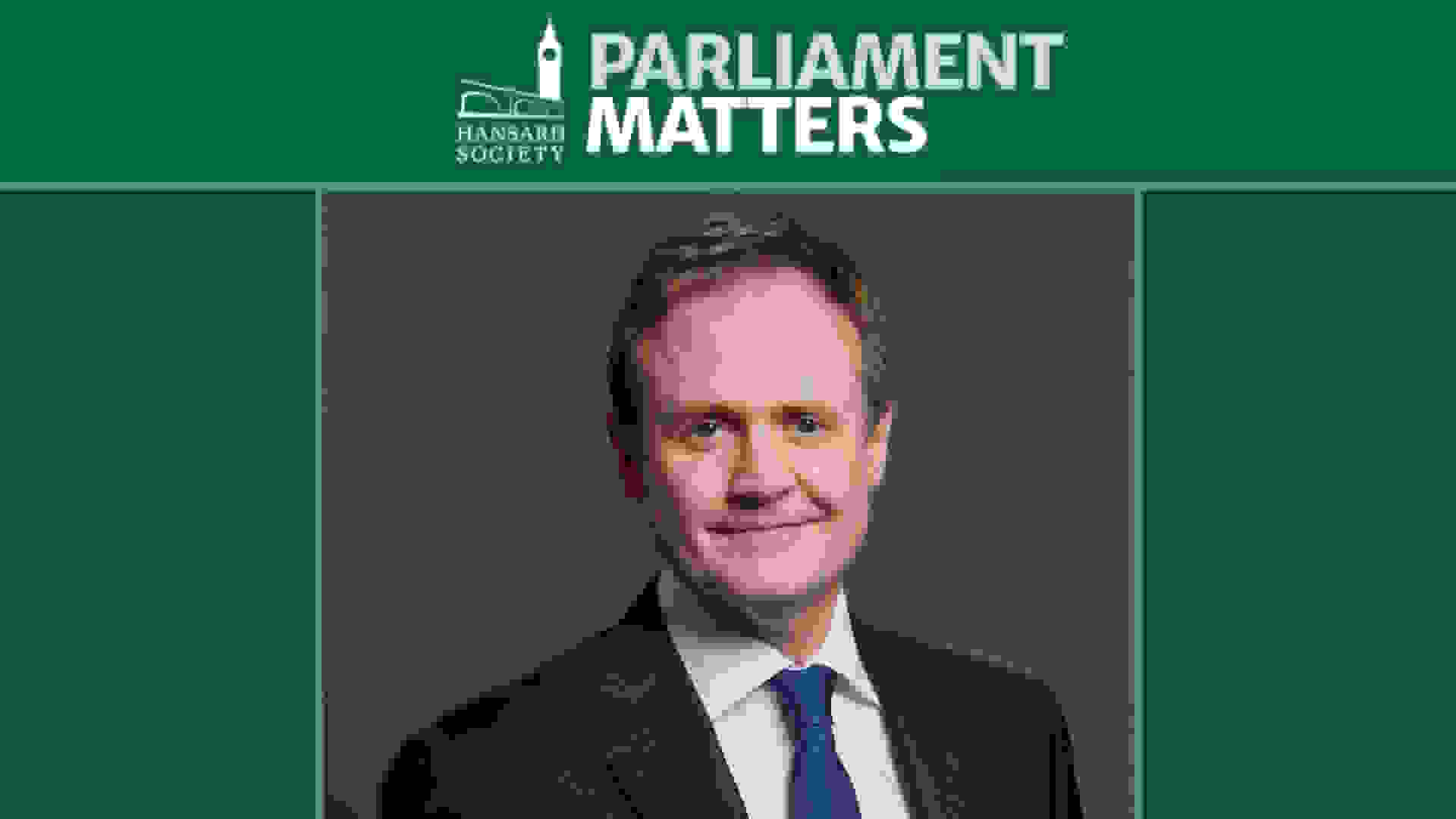What is the problem?
It is usually much quicker to legislate via delegated – rather than primary – legislation. However, various rules and conventions limit the speed at which delegated legislation can be made and enter into force.
For example, Statutory Instruments (SIs) subject to the 'affirmative' procedure must normally be approved by Parliament before they can be made into law. SIs subject to the 'negative' procedure must normally be laid before Parliament at least 21 days before they enter into force (the ‘21-day rule’).
However, these safeguards can often be disposed of by Government with surprisingly little Parliament can do about it. This is problematic because excessive urgency squeezes the time available for parliamentary scrutiny. It can also lead to legislation being rushed and of poorer quality, a lack of awareness among the public about what the law is, and policy work being done after an Instrument has been laid.
For example, between January 2020 and October 2021, just over 500 Coronavirus-related Statutory Instruments were laid before Parliament. Of these, 91 were made using the ‘emergency procedure’ power in the Public Health Act 1984. This emergency procedure allowed an SI to become law before being scrutinised, undermining accountability and turning Parliament into a rubber stamp. Similarly worded emergency powers exist elsewhere on the statute book, but using them does not normally place significant additional burdens on the Minister: they do not have to provide evidence as to why the matter is urgent or even make a statement to Parliament justifying their claim of urgency. It is too easy for the Government to resort to ‘urgent powers’ without having to justify their decision to Parliament.
Not all powers are accompanied by a specific ‘urgent procedure’. In contrast, the 21-day rule applies to all SIs laid under the negative procedure. But this rule cannot be enforced (though the JCSI will report such Instruments). It can even be possible for an SI to come into force before being laid before Parliament, so long as the Speaker is notified of that fact. The JCSI has suspected that this process “is being invoked for non-essential reasons, for example, delays within Government, administrative errors or forgetting to lay the instrument in a timely manner.”
Where is the problem evident?
Click the links below to learn more about the powers used in the legislation (then follow the relevant link in the pop-up to return to this section).
Public Health Act and face-covering regulations
Social Security (return to work) regulations




